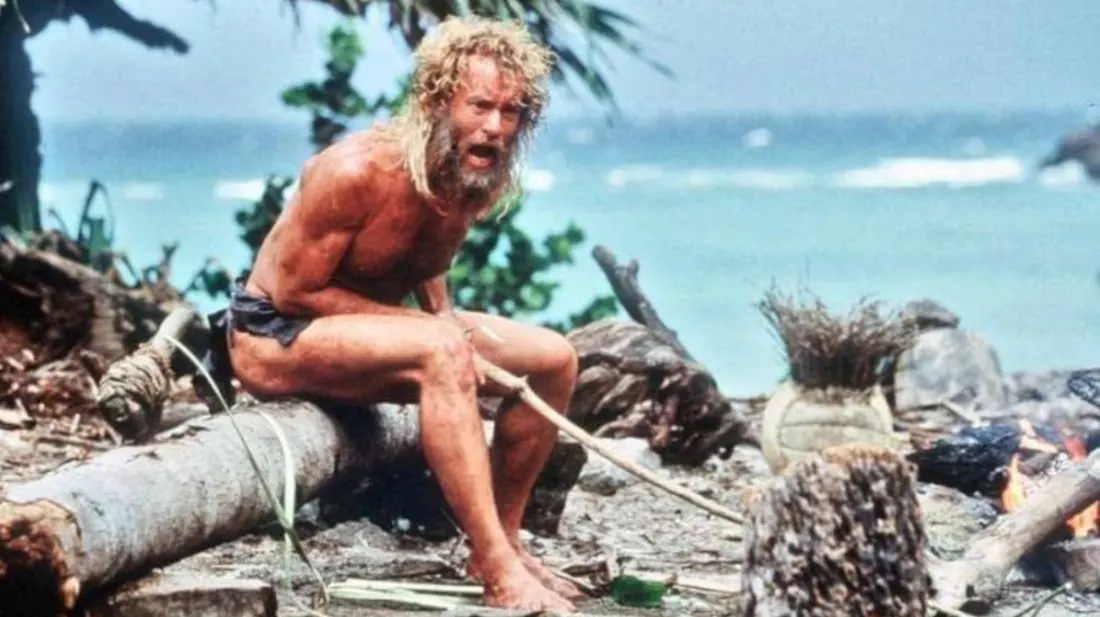It's not that I don't care about these issues, I just do not possess the knowledge. No one does, not even an army of experts (in fact, experts are often embarrassingly wrong at critical times). What I reject is the whole notion of "central planning."
[Some talk about our] escaping communism and the need to reject communism. But what is communism? Central planning. The alternative to central planning is not "anarchy" and chaos, but decentralized planning on the part of individuals (or voluntary associations of individuals). This is the free market, the "invisible hand" that Adam Smith wrote about 231 years ago. The central planner only wishes to subjugate the plans of individuals to his master plan, at the point of a gun, of course. Collectively, people possess far more information and knowledge than the central planner.
For example, our dependency on foreign oil. In a free market, businesses go out into the world and acquire the oil its customers demand. If a country is violent and unsafe, its producers will be at a competitive disadvantage to producers in safer countries. The incentives work towards peace. Likewise, people who otherwise hate each other, often find opportunities to trade because trade is mutually beneficial. Again, the incentives work towards peace because war threatens to hit each side in the wallet. (E.g., what professional sports has done to combat racial conflicts.) Conversely, impediments to trade often lead to war. As economist Frederic Bastiat once said, "where goods are not allowed to cross borders, armies will."
Come to think of it, aren't we all dependent on each other well beyond oil? Couldn't someone in the Mideast worry about his dependence on foreign food? Or a New Yorker worry about his dependence on Florida orange juice? Poverty is easy to define: the absence of secure property rights and the division of labor (e.g.: Tom Hanks' character in Cast Away). When the division of labor expands, good things happen. Conversely, when it contracts, bad things happen. Witness the 1930 Smoot Hawley tariff that ignited a trade war and contracted global trade by one-third. Depression and world war followed. Why does the world's population inexorably grow? Because the earth is able to support more people because wealth is increasing. The cause is an expanding division of labor. I guarantee you, if we halted this and headed towards self-sufficiency, people would starve by the millions... and we'd all be at each others' throats.
[Some accuse me of being] critical of our leadership, but really I am not. I feel sorry for them. They are being asked to do the impossible: make central planning work. (Of course, they all believe they can make it work.) I am critical of the system, not the people.
~ Kevin Duffy, Bearing Asset Management, August 7, 2007


No comments:
Post a Comment